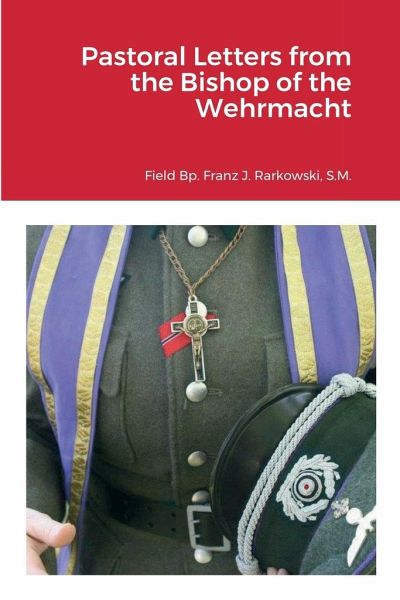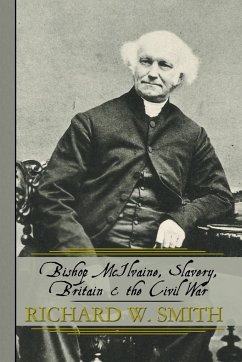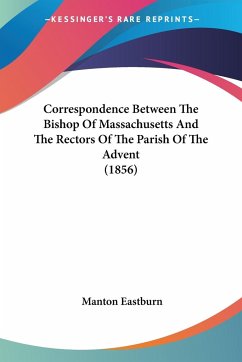
Pastoral Letters from the Bishop of the Wehrmacht
Versandkostenfrei!
Versandfertig in 1-2 Wochen
22,99 €
inkl. MwSt.

PAYBACK Punkte
11 °P sammeln!
These are the extant pastoral letters of Bishop Franz Justis Rarkowski, Catholic Field Bishop of the Wehrmacht. They were sent out to the the field chaplains, called "war priests" or "war chaplains", primarily to encourage the priests on the Front and the Soldiers as well in their religious and civil duties. The admonitions to the priests were given to help them in their priesthood among the carnage of the war, as to how to maintain their role as an "alter Christus" and not lose themselves in the blood and gore of deaths and wound-ed. The soldiers they were admonished as to their duties to the...
These are the extant pastoral letters of Bishop Franz Justis Rarkowski, Catholic Field Bishop of the Wehrmacht. They were sent out to the the field chaplains, called "war priests" or "war chaplains", primarily to encourage the priests on the Front and the Soldiers as well in their religious and civil duties. The admonitions to the priests were given to help them in their priesthood among the carnage of the war, as to how to maintain their role as an "alter Christus" and not lose themselves in the blood and gore of deaths and wound-ed. The soldiers they were admonished as to their duties to their homeland and God in the war, and how best to maintain themselves even in the face of disas-ter by meditating upon our Lord's suffering and work for us. All too often one reads how Germany was a godless state, which hated the Catholic (and Protestant) religion and sought to supplant Christianity with some form of neo-paganism. These letters by the official Catholic Field Bishop give the lie to the still ongoing Allied propaganda some 75 years after the war. Catholics in 1939 comprised some 51% of the Greater German Reich, and relations between the Church and State was governed by the Reich Concordat of 1933 entered into by the National Socialist government and the Vatican of Pope Pius XI. The letters and their advice are excellent, thoroughly Catholic, and worthy of implementing in one's own every day life. They remind us that the current effeminate Catholicism is not in any way the Catholicism of the past, which was manly and sacrificial.












